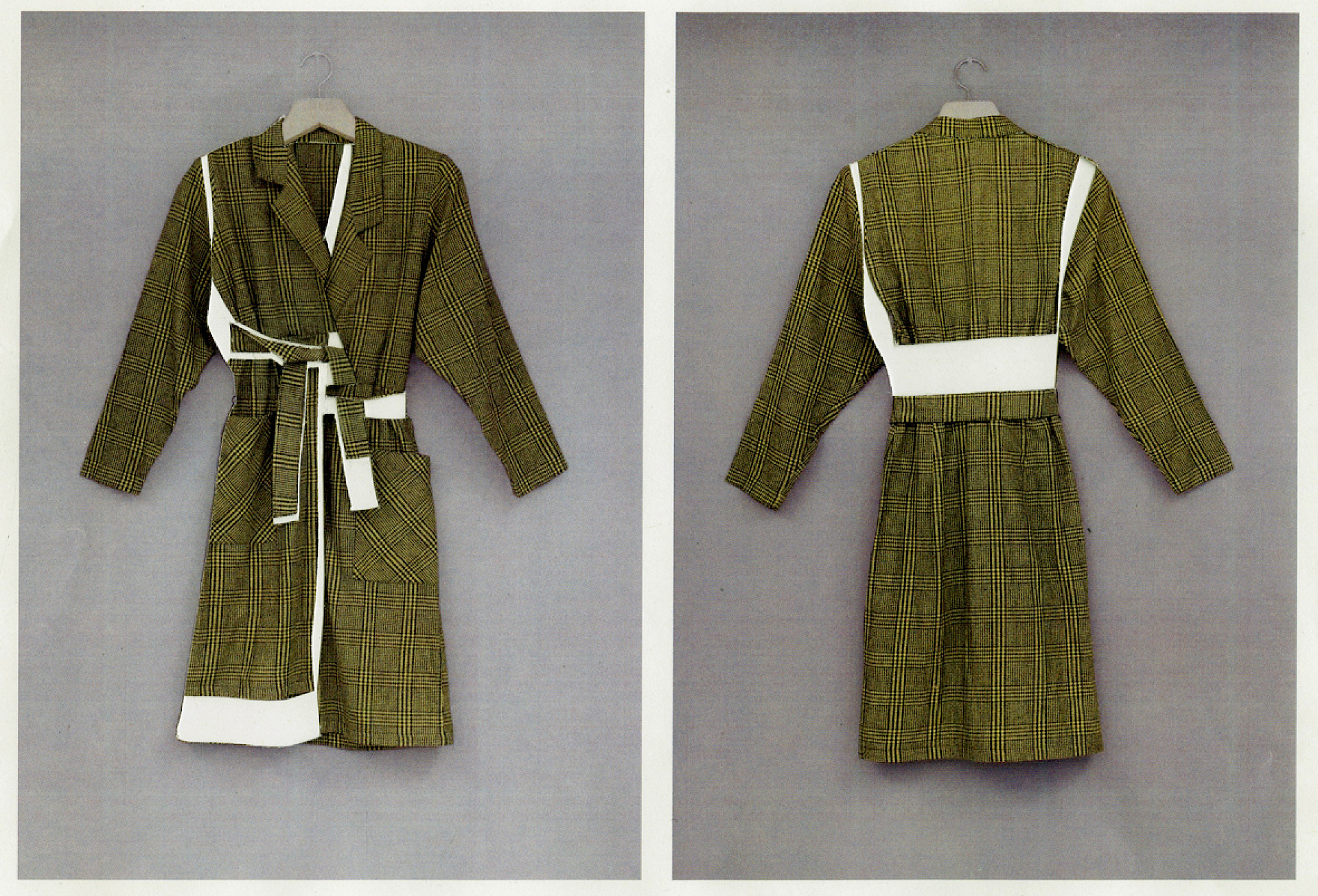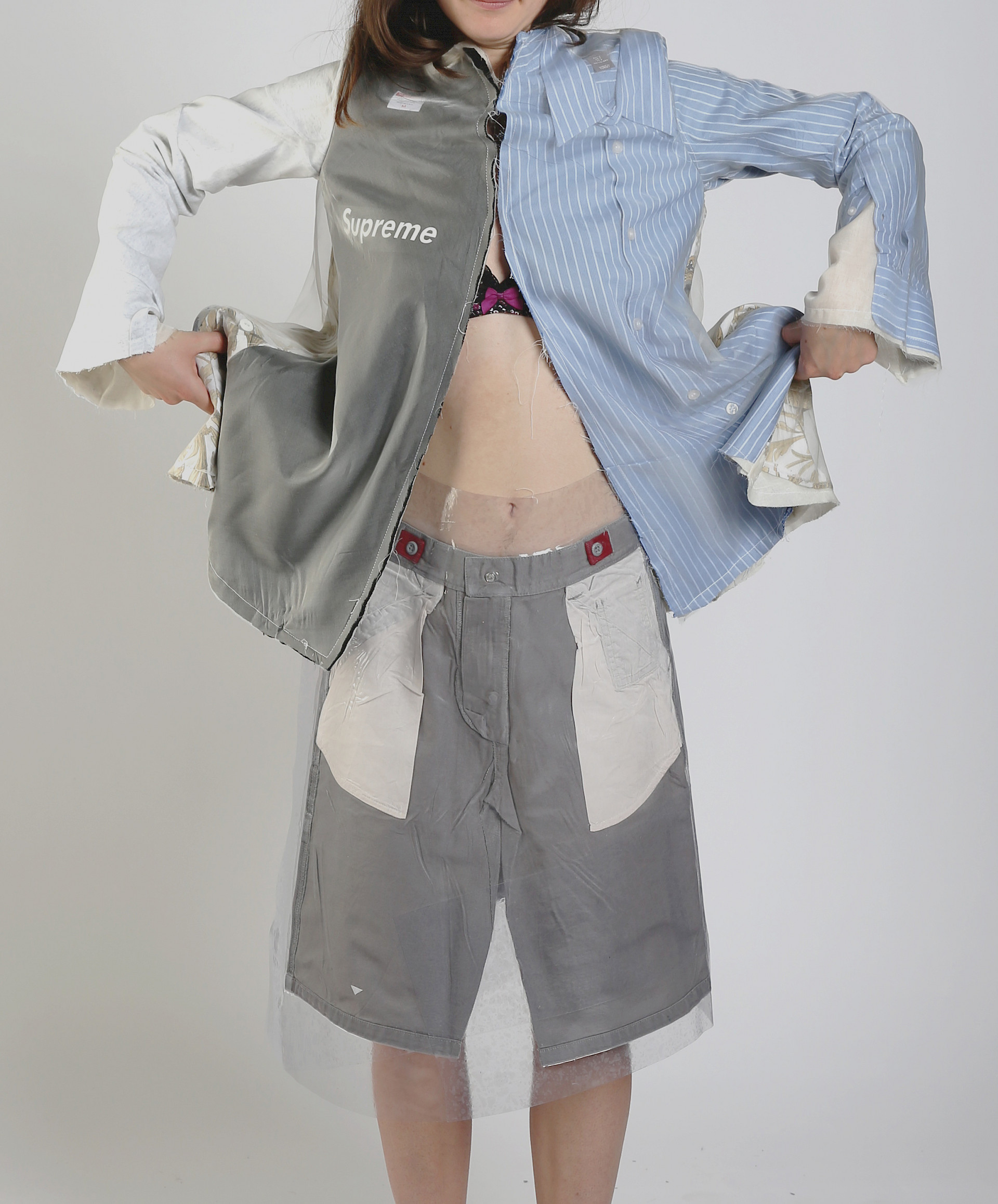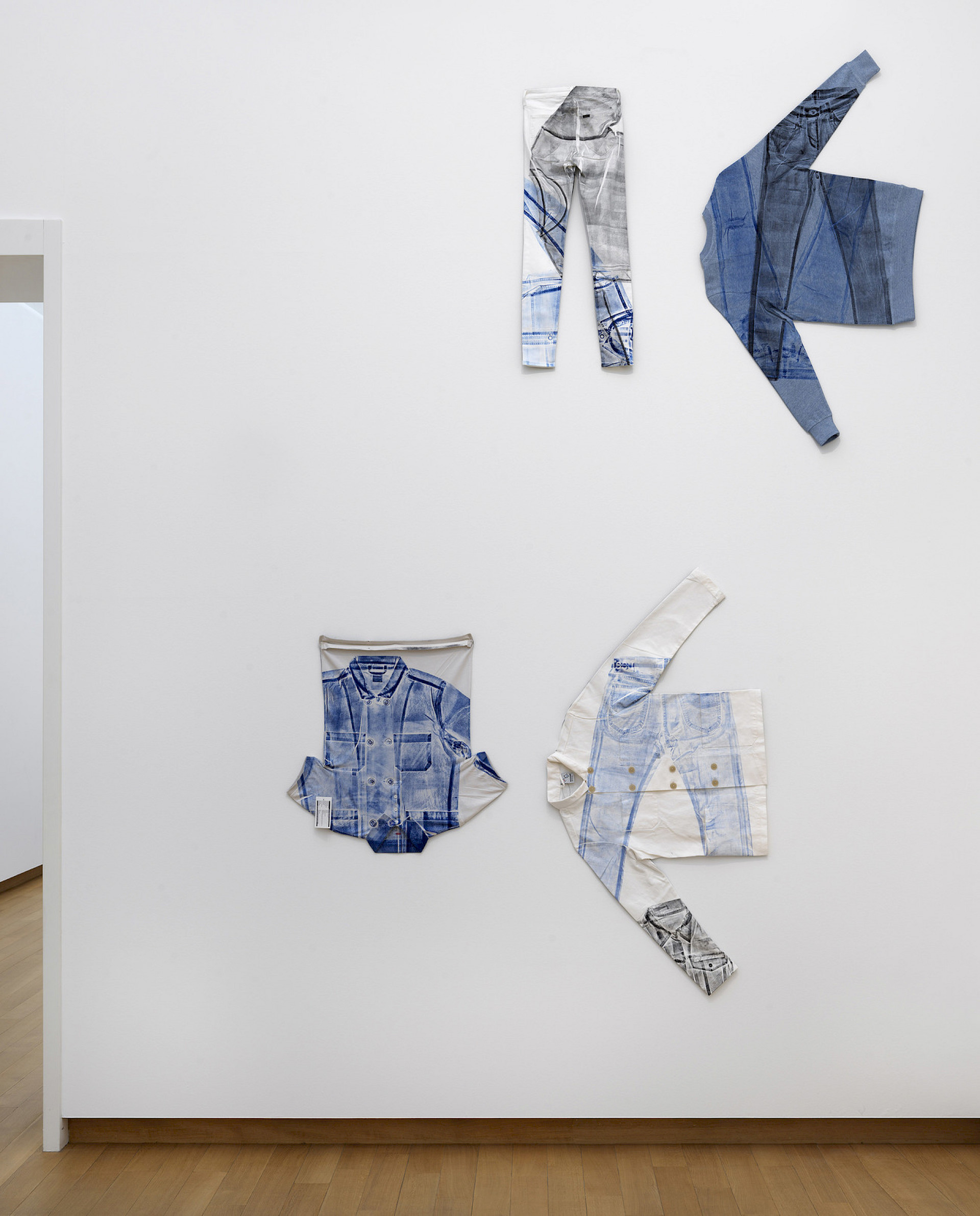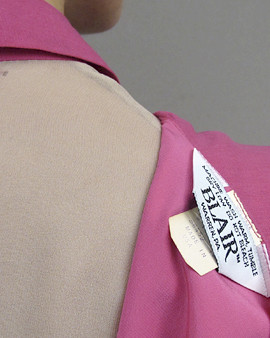Dissolving the Ego of Fashion does not mean simply moving towards an egoless fashion system, although it would be interesting to explore what ‘egoless fashion’ could look like, how it would feel, and what it would express. As Freud explained, an ego fulfils a social function; people need an Ego in order to function in society, and, therefore, Ego constructions will always be formed again and again, including in the field of fashion. Dissolving the Ego of Fashion is thus an intention to mobilise fixed forms, undo hierarchies, question the dominant norm and, most importantly, to transform established ways of ‘being, seeing, doing and thinking’.1

Critical fashion practices and critical fashion theories will help to do so – to rethink, deterritorialise and dance with the system. This will enable the development of alternatives in an affirmative way. It is important to move beyond merely questioning and critiquing the dominant status quo: we need a critical fashion discourse ‘to switch our intensive register, to reconnect us with the world’ to use O’Sullivan’s words.2 In doing so, this critical discourse will help to redefine the principles, values and pace from which the fashion system operates.

An exploration and affirmation of alternative approaches to the fashion system underpins the critical fashion discourse that has emerged over the last couple of years. Recently, there has been an increase in critical fashion practices by creative practitioners who generally work
at the intersection of fashion, design and art. These practitioners use a research-based approach to interrogate the current fashion system while exploring alternatives. Such practitioners generally aim to transform how wearers, consumers and/or makers relate to systems of fashion, dress and clothing. They do so in the context of socio-cultural, economic, environmental or political challenges in fashion and in contemporary society. In their work, garments often become critical reflections in themselves. Moreover, the emphasis is on explicating the process, rather than focusing on the end product.

The emergence of a critical fashion discourse is embedded in this renewed sense of engagement. This will help to redefine and transform how we relate to the world and its material resources, and how we want to interact with each other on a human dimension. We thus need to explore how to create more critical and rhizomatic fashion practices that play with the Ego of the fashion system. And more critical theories will help to understand how to do so, which requires a different vocabulary of fashion’s expressions beyond the established system. We need to explore how to dance with fashion, even more, to open up and activate its ethical and aesthetic power, which will contribute to creating and affirming more engaged alternative systems.
Read more in Dissolving the Ego of Fashion: Engaging with Human Matters. Book available at artezpress.artez.nl.
To know more about the mentioned works, please access rubyhoette.com, elisavanjoolen.com and tenantofculture.com.



